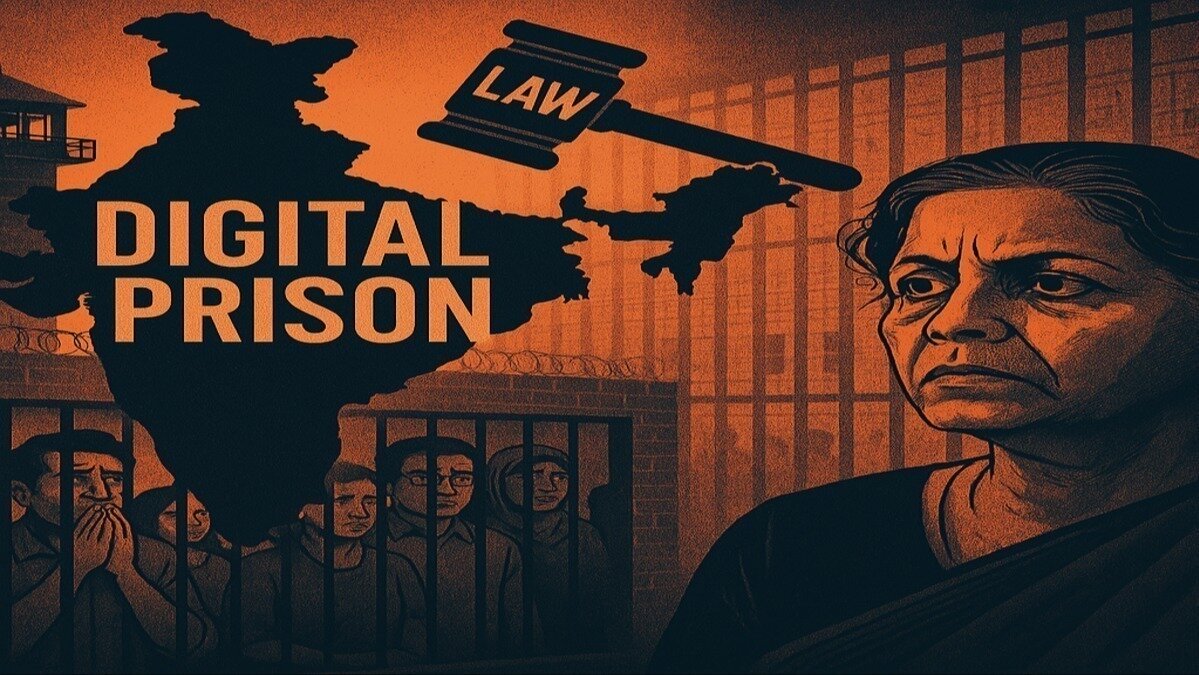In a shocking revelation, Serge Faucher, a distinguished former member of the Canadian Armed Forces (CAF) with an illustrious career spanning over 39 years, has come forward to share his harrowing experience of coercion and abuse at the hands of his superiors when he chose to decline the COVID-19 vaccine. This exclusive interview with Faucher sheds light on the abuse of power within the chain of command, leading to the premature end of his honorable career.
The Imposition of the COVID-19 Vaccine Mandate
Serge Faucher, hailing from Greely, Ontario, had achieved the rank of Major and served as an Aerospace Engineering Officer in the Chief of Air Force Staff. However, his career took an unexpected turn when Chief of Defense Staff General Wayne Eyre imposed a COVID-19 vaccine mandate on the entire CAF on October 8, 2021. Faucher emphasizes that his decision to decline the vaccine was not about the vaccine itself but rather the misuse of authority and the coercive tactics employed by the leadership.
The Threat of a 5(f) Release
When Faucher received the order to get vaccinated, he was threatened with a 5(f) release, which he perceived as a blemish on his otherwise spotless career. He recollects the emotional distress of being pushed out of the CAF prematurely and not on his own terms. This unwelcome exit meant the loss of a significant portion of his income, as he had been earning a six-figure salary, resulting in a minimum financial setback of 360 thousand dollars.
Past Encounters with Coercion
This was not Faucher’s first experience with mandatory treatments ordered by the chain of command. In 1990, he was administered pills intended to mitigate the effects of nerve attacks. Faucher vividly remembers the procedure: “The Warrant Officer in charge would make us open our mouths and verify we actually swallowed the pills.” However, he soon began experiencing severe itching, which persists to this day, 32 years later.
Skepticism and Red Flags
Faucher’s skepticism towards the COVID vaccine mandate stemmed from a series of “red flags” he encountered during information sessions on the newly developed vaccine. He questioned the safety claims, particularly for pregnant women, stating that anyone familiar with the pregnancy would understand the caution required. Faucher found the repeated assertion of the vaccine’s safety and effectiveness, without any cited sources, to be a major point of contention that ultimately led him to decline the shots.
Challenges in Declining the Vaccine
The decision to decline the vaccine was not a straightforward one. Faucher reveals that everyone was compelled to visit and decline in person. Despite his intention to keep his vaccination status private, his information was entered into the CAF system without his consent, further highlighting the coercive environment that existed within the organization.
The Lawsuit Against the Crown
Serge Faucher is one of the hundreds of plaintiffs involved in a lawsuit against the Crown that began in June. He points out that his experience is just one of the milder cases of abuse faced by CAF members. Many of his fellow soldiers chose to go along with the mandate, even if they had reservations. Faucher notes that the CAF is dealing with severe understaffing issues, and this, coupled with the structural problems within the organization, has led to a mass exodus of personnel.
Disillusionment with CAF Leadership
Faucher expresses deep disappointment in the leadership of the CAF, emphasizing a fundamental change in the leadership’s approach in recent years. He recounts instances where supervisors disregarded their subordinates’ humanity, going so far as to suggest that those who refused the vaccine deserved to be shot and killed.
Conclusion
Serge Faucher’s account of coercion and abuse within the Canadian Armed Forces sheds light on the challenges faced by individuals who chose to decline the COVID-19 vaccine mandate. This lawsuit against the Crown represents a broader issue within the CAF, with hundreds of plaintiffs seeking justice. Faucher’s revelations not only provide insight into his personal ordeal but also underscore the urgent need for structural reforms within the organization. The consequences of these actions are profound, with the CAF witnessing a significant exodus of personnel, and a tarnished reputation that is difficult to repair.











Serge Faucher’s account of coercion and abuse within the Canadian Armed Forces sheds light on the challenges faced by individuals who chose to decline the COVID-19 vaccine mandate.